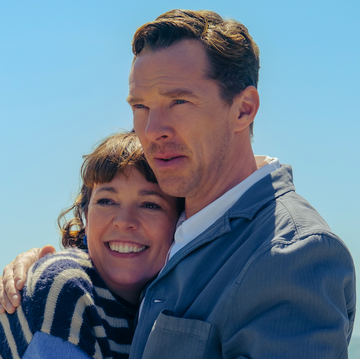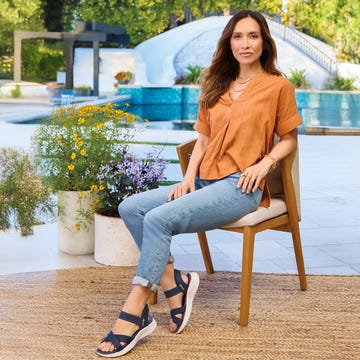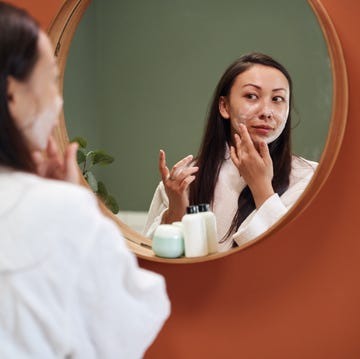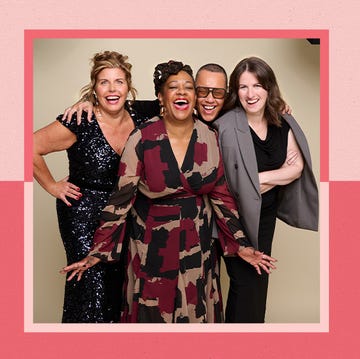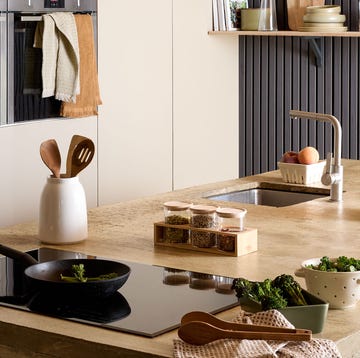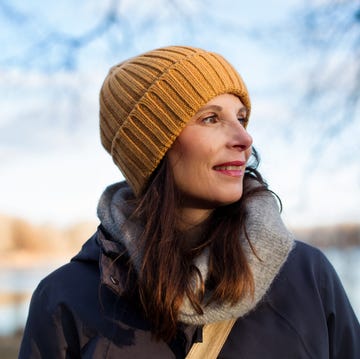The first years of retirement are often a blur of holidays, new hobbies and other highs. Just imagine if that sort of fun could continue all the way into our final decades, and that – far from gloomy clichés of being lonely and sedentary – they actually proved our most joyful chapter yet: full of energising activities and stimulating classes, natters over morning coffee and cultural outings with friends.
This apparent idyll is already a reality in some parts of the world, such as New Zealand and Australia, where a unique type of retirement living is increasingly popular. Known as integrated retirement communities (IRCs), these developments offer a secure environment for independent living that encourages social interaction, alongside the reassurance of on-site care and support. And they're starting to take off in the UK too, providing older people with similar benefits, including the enhanced social opportunties.
That social aspect cannot be understated. The charity Age UK estimates nearly a million older people in the UK often feel lonely, with factors such as bereavement, declining health and physical mobility all contributing. As well as the obvious mental wellbeing implications, this kind of social isolation has a very real impact on physical health too. According to the NHS, long-term loneliness can lead to increased risk of conditions with a high degree of dependency, such as dementia, as well as contributing to factors like raised blood pressure and heart disease. There’s also evidence it can slow recovery from other health problems.
What to read next
The value of social connections
The flipside of this vision is that – with the right structures and support in place – our later years could actually be full of social interaction. After all, without the grind of a working week and full-time parenting, this is one of the most time-rich periods in life, making it ideal for expanding our interests and forming meaningful connections. Maybe those in their retirement years should even be renamed Generation Joy?
Which is why the growth of IRCs here in the UK is so exciting. Throw away images of boring, beige care homes and picture instead somewhere more like a holiday resort – somewhere you have your own home with your own front door, often in beautiful settings, with everything you need for a happy retirement within arm’s reach: fitness facilities, restaurants, wellbeing support and round-the-clock security, as well as tailored care provisions if and when needed. And most importantly of all, a community of people at a similar life stage, with ample opportunities to socialise and form new friendships.
‘Social connection is vitally important for older people, not just for emotional wellbeing but for overall health and quality of life,’ observes holistic wellbeing practitioner Karen Whybrow, aka the Sacred Coach. ‘A thriving community provides emotional, mental and physical benefits, creating a sense of belonging and support that can be truly life-changing. ‘[It] isn’t just about connection, it’s about feeling seen, supported and empowered in a way that no longer makes you feel like you have to navigate life alone.’
Virtuous circle
If you’re still imagining these are the retirement homes of old, known by a different name, then think again. ‘IRCs are not care homes!’ says geriatrician Dr Zoe Wyrko, who works with Riverstone Living. ‘In fact, if you move to a retirement community, you are less likely to ever need a care home.’
She’s keen to emphasise that while plenty of help is available within IRCs, the point is ultimately to support people in living full, independent lives for as long as possible. It’s a virtuous circle because, as we know, when you’re leading that sort of life, your odds of experiencing loneliness plummet.
Albert Sinfield, manager of Ledian Gardens Village (one of Inspired Villages IRCs), agrees this model of later living can really help remove some of the blocks which typically lead to isolation. ‘Because people in our community don’t need to worry about security or maintenance, and there are plenty of communal spaces, it’s much easier to focus on getting out and about, joining in and making new friends,’ he explains.
The fact that residents share a life stage can also make friendships particularly enriching. ‘A network of peers provides a sense of understanding and belonging,’ says Karen. ‘When people share similar life experiences, the connections can be validating and healing, reducing feelings of isolation.’
It’s a win-win for family members and cross-generational bonds too – because the practical stuff is taken care of, it’s possible to spend time together enjoying each other's company and having meaningful conversations.
But the best endorsement for this type of living is the residents themselves. ‘This community provides everything I need,’ says Bridget Dowsett, a resident at Sunley Court IRC in Kettering. ‘There's a network of people here and we're very welcoming to new people. We make each other feel less alone.’
It’s a sentiment echoed by Dr Zoe: ‘Among people who move to IRCs, one of the most common things I hear is, “I wish I’d done it sooner”. Those are the most important voices to listen to.’
Find out more about IRCs and explore communities in your area at findmyirc.co.uk






